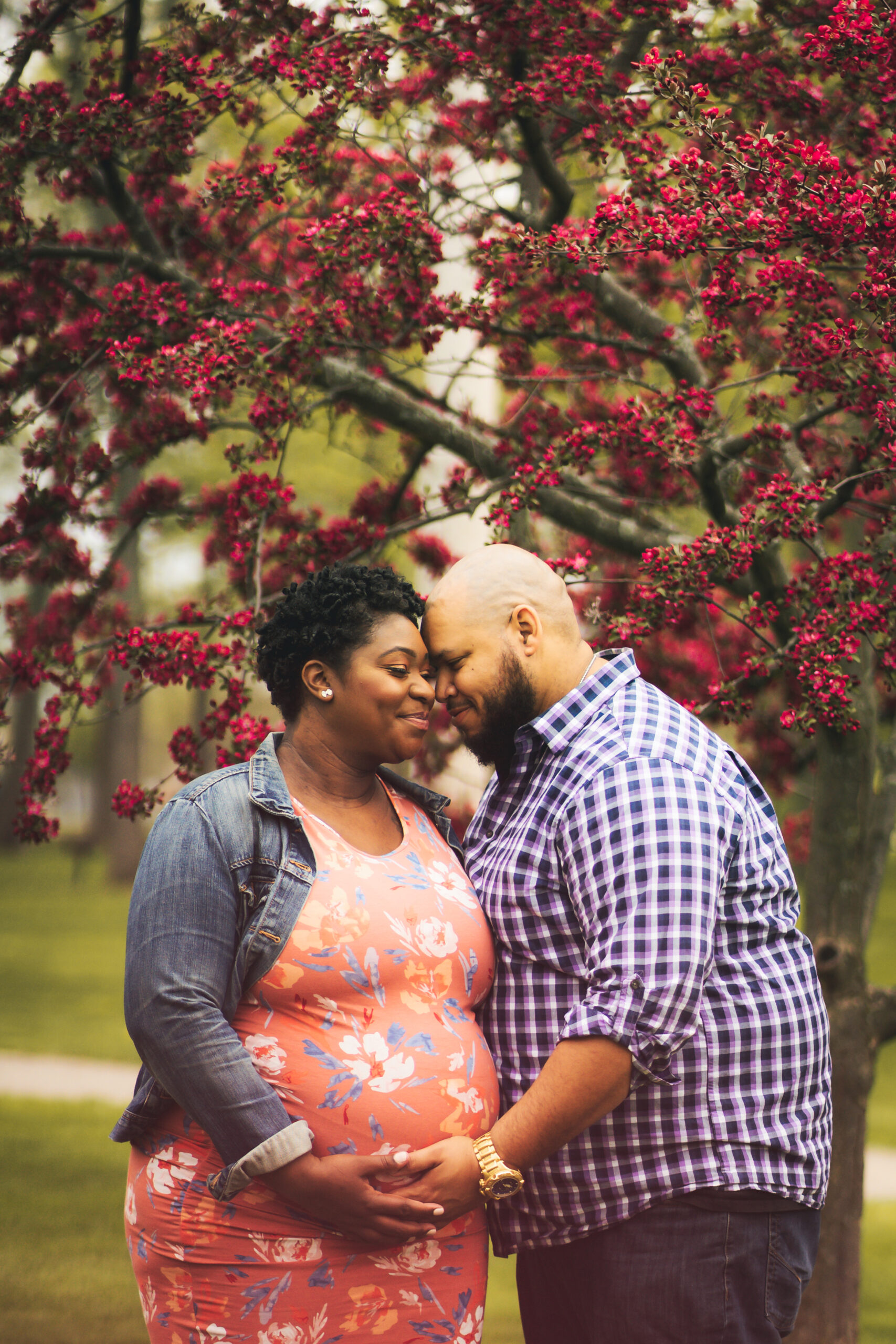How can whooping cough affect pregnant women?
Title: How Whooping Cough Can Impact Pregnant Women: Awareness and Prevention
Introduction:Pregnancy is a special time filled with joy and anticipation, but it also comes with an increased vulnerability to certain infections. One such infection is whooping cough, also known as pertussis. While whooping cough is generally a mild illness in adults, it can have severe consequences for pregnant women and their unborn babies. In this blog, we will explore how whooping cough can affect pregnant women and the importance of prevention through vaccination.
Understanding Whooping Cough:Whooping cough is a highly contagious respiratory infection caused by the bacteria Bordetella pertussis. It spreads through respiratory droplets when an infected person coughs or sneezes. The symptoms are initially similar to a common cold, including a runny nose, sneezing, mild cough, and low-grade fever. However, after about a week, severe coughing fits may develop, often accompanied by a “whooping” sound as the person inhales.
Effects on Pregnant Women:Pregnant women are more susceptible to respiratory infections due to changes in their immune system. If a pregnant woman contracts whooping cough, she may experience more severe symptoms, such as persistent coughing fits, making it difficult to breathe or eat. The coughing fits can be exhausting and may lead to complications like pneumonia, bladder control problems, rib fractures, or even passing out.
Implications for the Unborn Baby:One of the most significant concerns regarding whooping cough during pregnancy is its effect on the unborn baby. Babies cannot be vaccinated against whooping cough until they reach two months of age, leaving them vulnerable to the infection. If a pregnant woman gets infected with whooping cough, she can pass the infection to her baby before birth.
In newborns, whooping cough can cause life-threatening complications. Infants are at a higher risk of developing severe symptoms, including difficulty breathing, seizures, pneumonia, and even brain damage. In some cases, it can be fatal.
Prevention is Key:To protect both pregnant women and their babies, vaccination is crucial. The Centers for Disease Control and Prevention (CDC) recommends that pregnant women receive the Tdap vaccine during each pregnancy, preferably between 27 and 36 weeks. The vaccine contains antigens for tetanus, diphtheria, and pertussis, providing protection for both the mother and the baby.
Getting vaccinated during pregnancy allows the mother’s body to produce antibodies, which are passed on to the baby through the placenta. This offers some protection against whooping cough until the baby is old enough to receive their own immunizations.
In addition to vaccination, it is vital to practice good hygiene habits, such as frequent handwashing, covering your mouth when coughing or sneezing, and avoiding close contact with individuals displaying symptoms of respiratory infections.
Conclusion:Whooping cough poses a unique threat to pregnant women and their unborn babies. By raising awareness about the risks and promoting vaccination, we can help protect vulnerable mothers and their infants. Remember, prevention is key in safeguarding the health and well-being of both expecting mothers and their precious babies.



